Physical Address
60 Ekwema Cres, Layout 460281, Imo
Physical Address
60 Ekwema Cres, Layout 460281, Imo
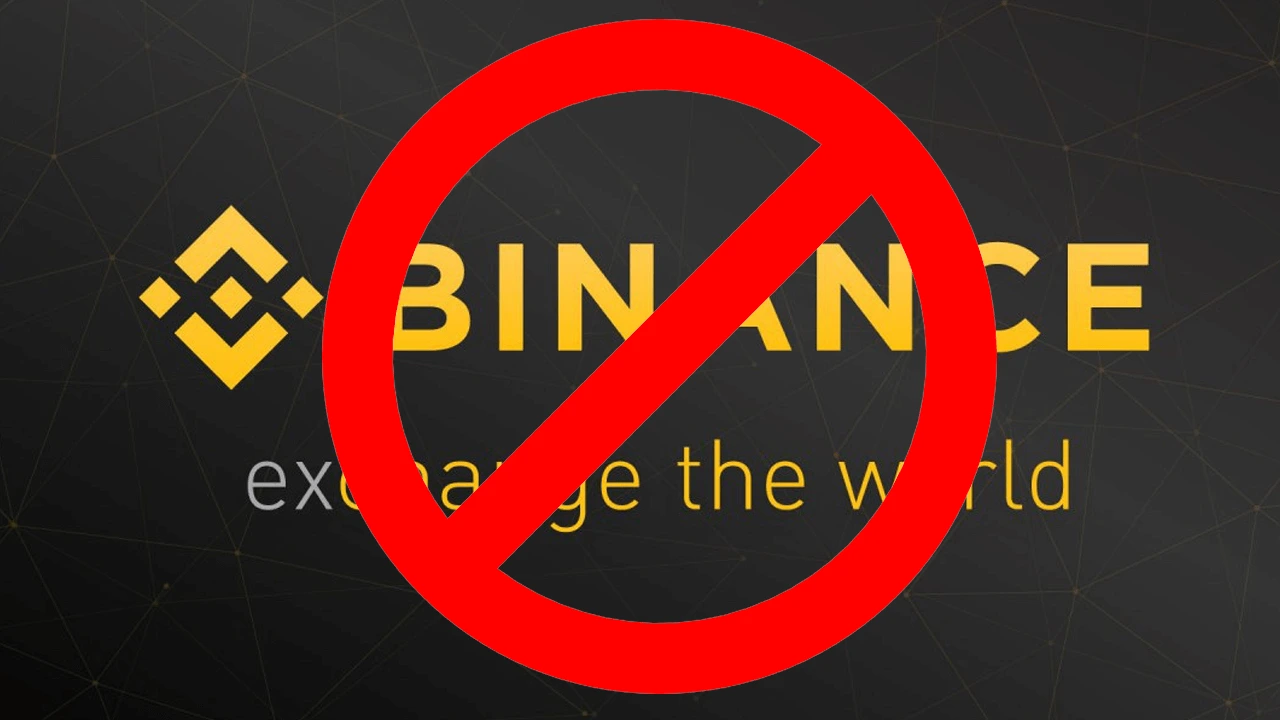
Whenever you hear the word, cryptocurrency, in a location like Nigeria, what comes to the mind of a laymen is Binance. Binance is a name almost synonymous with cryptocurrency trading. But for reasons of regulation, user interface, or local availability, some users seek Best Binance alternatives especially in Nigeria.
In this writing, we’ll discuss the Best Binance Alternatives; clarifying what Binance is for, discuss its safety and legal status (including whether Nigerians can use it). These Binance alternatives range from global exchanges to regional platforms, all explained in detail.
With this, you’ll have a clear view of other exchanges where you can trade cryptocurrencies besides Binance.
Binance Holdings Ltd., branded simply as Binance, is “the largest cryptocurrency exchange in terms of daily trading volume”. It was founded in 2017 by Changpeng Zhao (known as “CZ”), who had built high-frequency trading systems before.
Binance serves as a digital marketplace for trading hundreds of cryptocurrencies, such as Bitcoin (BTC), Ethereum (ETH) and many altcoins.
According to Binance’s own FAQ, it caters to over 270 million users globally and offers over 400 cryptocurrency markets. In practical terms, people use Binance to buy/sell crypto, trade spot or derivatives (futures) contracts, stake coins for rewards, or store assets (custodial wallet). Binance also launched its own tokens (BNB) and DeFi products.
Its platform is known for low fees and high liquidity, making it popular among traders. In summary, Binance is primarily for cryptocurrency trading and investment – offering a wide range of crypto assets and services on one platform.
Also read:13 Best Whoer.net Alternatives | 2025 Update
Security is paramount in crypto, and Binance has several protections in place. Analysts generally consider Binance to be relatively safe, with most customer funds kept in “cold wallets” (offline storage) to guard against hacks.
Binance implements standard security measures like two-factor authentication (2FA), anti-phishing codes, and suspicious activity monitoring. No exchange is 100% risk-free – user error (phishing, weak passwords) can still lead to stolen assets. But technically, Binance’s platform itself uses industry-standard security.
This is a crucial question for Nigerian users. The official stance of Nigeria’s Securities and Exchange Commission (SEC) is that Binance Nigeria is not regulated or registered in Nigeria. In October 2023, the Nigerian regulator has prohibited Binance Nigeria from offering services to Nigerians. This doesn’t automatically ban Nigerian citizens from using the global Binance platform, but it means there is no local oversight.
Users trading on Binance in Nigeria do so at their own risk. Therefore, in practice, Nigerians concerned about legality often choose alternative exchanges that are registered or at least compliant with Nigerian rules. It’s important to stay updated, as regulations can change, but as of this update, Binance is not officially legal in Nigeria.
Read also:15 Best Capcut Alternatives for Android and iOS | 2025 Update
If you need other options for trading crypto, there are many exchanges with similar functions. Below are 15 notable Binance alternatives, including major global exchanges and some region-specific platforms. Each entry includes a brief description:
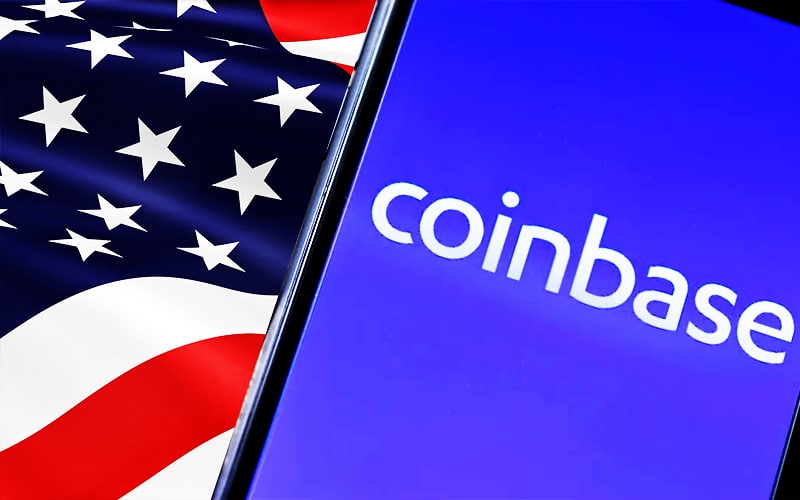
Coinbase is one of the largest cryptocurrency exchanges in the United States. It’s publicly traded and known for being user-friendly and well-regulated. Coinbase’s platform supports hundreds of cryptocurrencies with spot trading.
It’s particularly known for fiat on-ramps (buying crypto with credit cards or bank transfers). CoinMarketCap notes Coinbase as “the largest exchange by trading volume in the United States” and highlights its compliance and global reach (serving customers in 190+ countries).
With strong security and insurance for custodial funds, Coinbase is often recommended for beginners or those needing regulated fiat gateways. Fees are higher than Binance, but many trust Coinbase for its transparency and official standing.
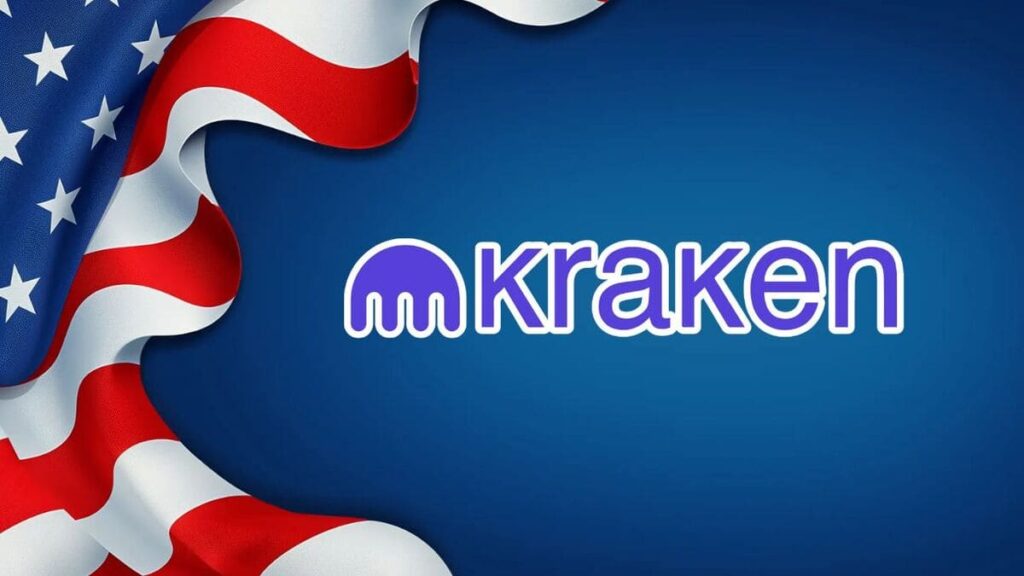
Kraken is a respected US-based exchange founded in 2011, making it one of the oldest crypto trading platforms. The company offers fiat-to-crypto trading, spot markets, and margin trading. Kraken is known for strong security measures (never hacked) and extensive verification procedures.
It supports dozens of cryptocurrencies and stablecoins. Kraken also serves international customers and has local licenses in Japan, Europe, and Canada.
According to its information, Kraken (Payward, Inc.) is a US exchange launched in 2011. Many users choose Kraken for its reliability and regulatory compliance. It has moderate fees and a powerful trading interface (good for advanced traders).
Check out the 15 Best Hesgoal Alternatives | 2025 Update
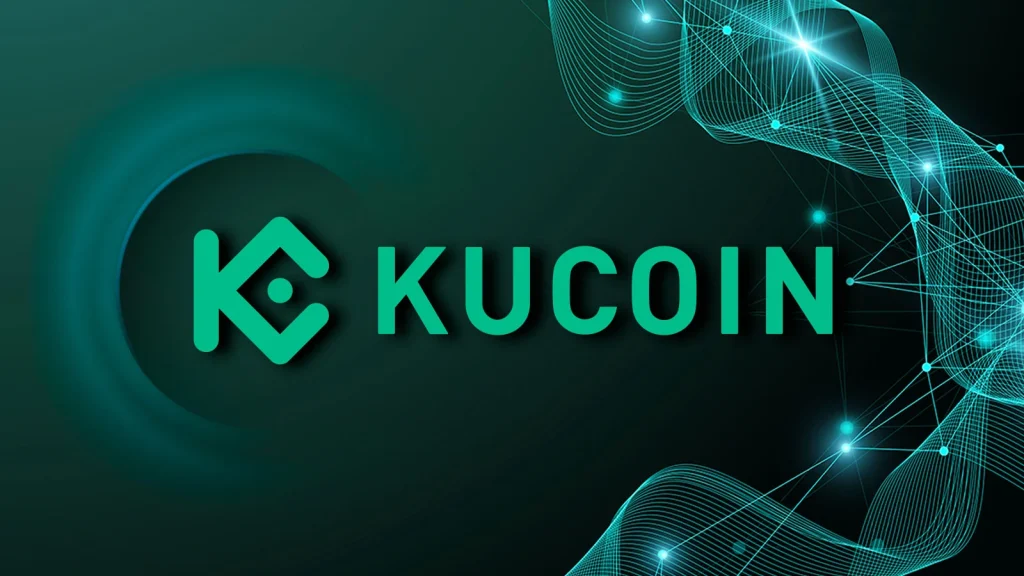
KuCoin is a global crypto exchange founded in 2017. It quickly became popular for listing a vast range of altcoins, including many smaller tokens that major exchanges didn’t yet offer. Forbes once listed KuCoin among the best crypto exchanges of 2021 due to its “wide library of altcoins at low fees”.
KuCoin offers spot and margin trading, futures, staking, and has its own token (KCS). The platform has a large international user base. It is not primarily a fiat exchange (it focuses on crypto-crypto), but it’s widely used for trading various tokens.
KuCoin also launched KuCoin Wallet and Earn products. Overall, KuCoin is considered user-friendly and innovative, making it a strong Binance alternative for people seeking variety in coin offerings.
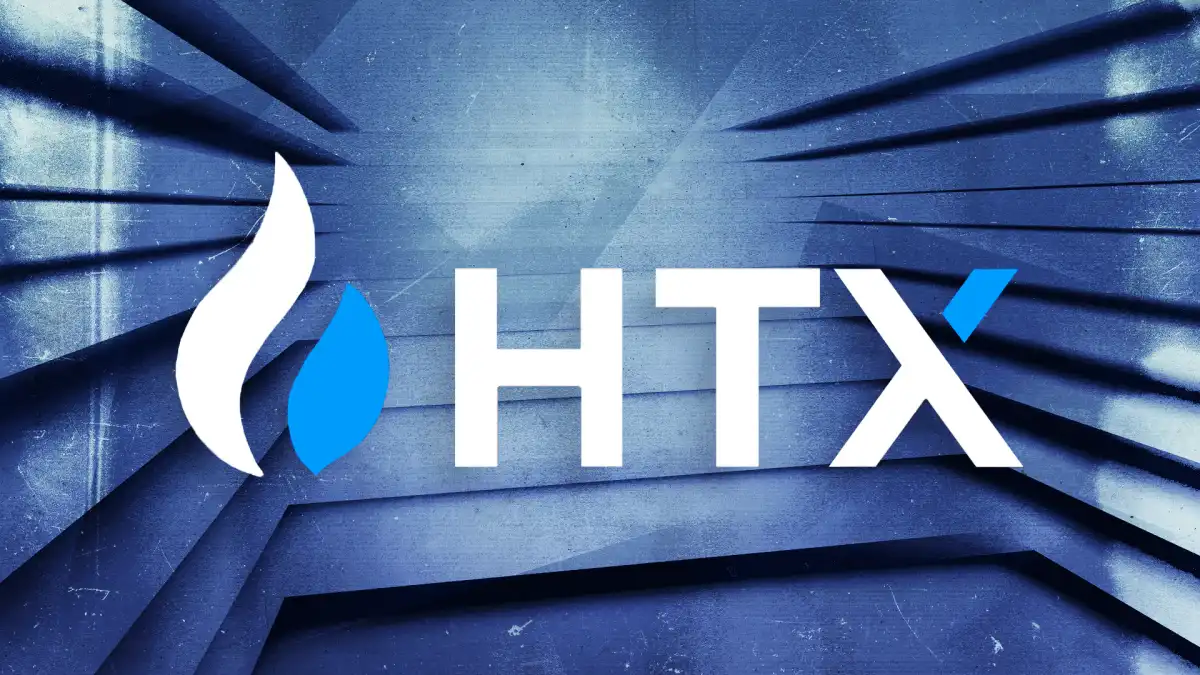
HTX (formerly known as Huobi) is a Seychelles-based global crypto exchange. It was originally founded in China in 2013 and later moved operations out of China. The platform has offices across Asia and offers a wide range of crypto services (spot, futures, staking, etc.).
HTX claims to serve millions of users worldwide. The site notes: “HTX, formerly known as Huobi, is a Seychelles-based cryptocurrency exchange. Founded in China, HTX now has offices in Hong Kong, South Korea, Japan and the US”.
Huobi was one of the original “big three” (with Binance and OKEx), and its rebranding to HTX reflects its global focus. It is a strong alternative for Asian and international traders, though like Binance, it has faced regulatory scrutiny (e.g., it was banned by China and Japan in the past).
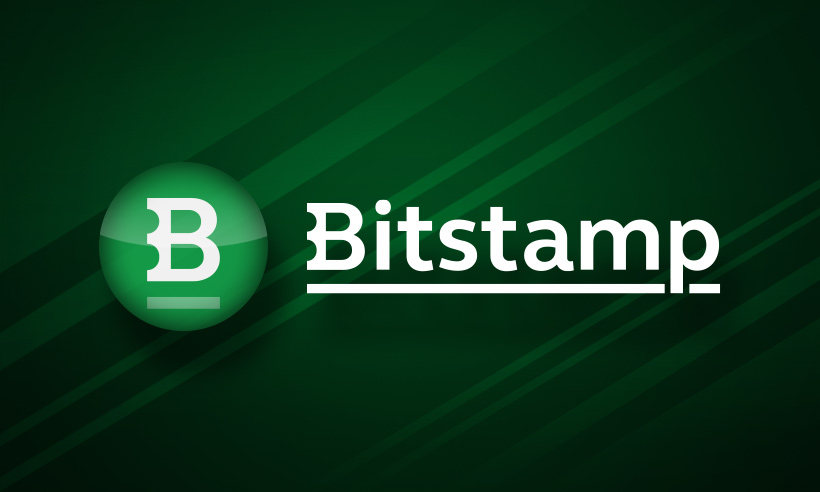
Bitstamp is one of the oldest European exchanges, launched in 2011. It’s based in Luxembourg and is a licensed EU exchange. Bitstamp prides itself on simple operations, strong compliance, and low-risk profile.
It supports major currencies (BTC, ETH, LTC, XRP) and allows fiat transfers (EUR, USD) via bank transfer or credit card. Wikipedia calls Bitstamp “the world’s longest-running cryptocurrency exchange”. It’s a good choice for European and US traders who want a straightforward, high-security platform.
Bitstamp’s fees are modest, and its trading interface is straightforward. Many professional traders use Bitstamp because of its solid reputation.
Explore the Top 15 PitchBook Competitors & Alternatives
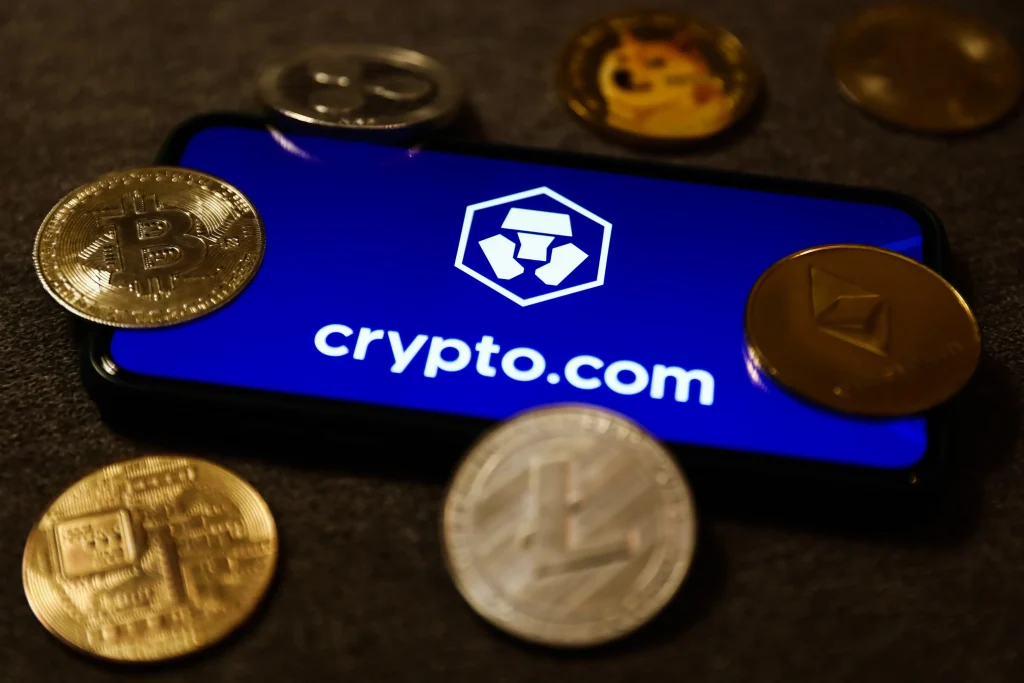
Crypto.com is a Singapore-based crypto company founded in 2016. Its flagship product is a mobile app and exchange offering hundreds of cryptocurrencies. It has an integrated ecosystem (Visa debit card, DeFi wallet, NFT marketplace).
Crypto.com saw explosive growth and had 100 million users by mid-2024. The platform offers trading, staking, and a variety of crypto services. Crypto.com is regulated in multiple countries (Singapore, US) and has acquired some licenses. Its native token CRO is popular for earning fee discounts.
For traders, Crypto.com Exchange (under Foris DAX Asia) is a Binance competitor, with similar spot and margin trading options. Its size and versatility make it a notable alternative.
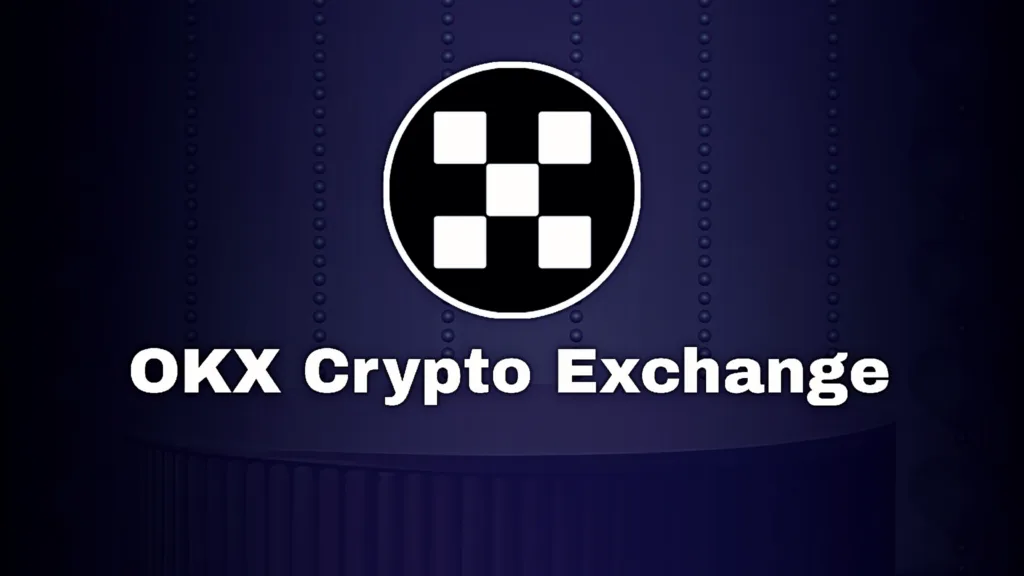
OKX is a major cryptocurrency exchange originally founded in China (2017) and rebranded from OKEx to OKX in 2021. According to Cointelegraph, “OKX is a leading cryptocurrency exchange, founded in 2017 and rebranded from OKEx to OKX in 2021.
It provides a broad range of services, including spot, margin, futures and options trading”. OKX is known for low fees and advanced trading tools, including an extensive futures market (up to 100x leverage). It serves a global user base and holds a top position in trading volume.
The platform also offers an “OKX Earn” (interest on deposits) and supports crypto loans. For users wanting a variety of trading instruments beyond simple spot, OKX is a top alternative to Binance.
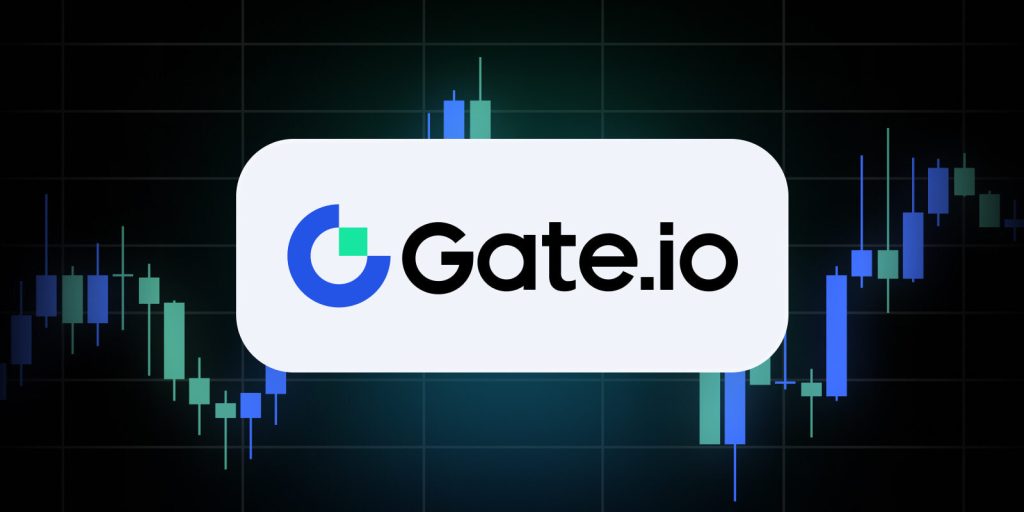
Gate (formerly Gate.io) is a crypto exchange founded in 2013. The company claims to rank in the top 3 globally by trading volume, making it one of the largest exchanges. Gate.io offers a huge selection of cryptocurrencies (500+), including very new and niche tokens.
It provides spot trading, margin, futures, and even an early-stage crypto exchange (Gate Alpha) for new token launches. Gate emphasizes security (it committed to 100% reserves) and regular proof-of-reserves disclosures.
Gate competes head-to-head with Binance in volume. Gate also has fiat deposit options and a global presence. For traders seeking a very broad market selection and high liquidity, Gate.io is a compelling alternative.
Also Read about Websites Like Reddit: 15 Best Alternatives To Reddit in 2025
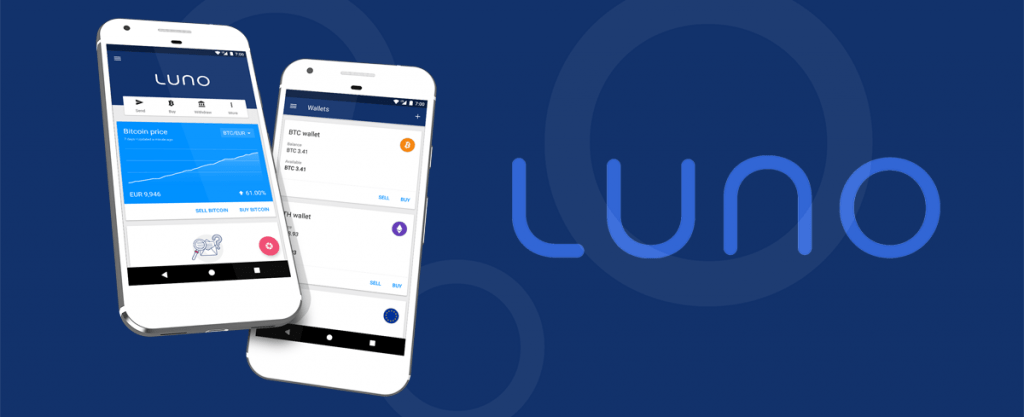
Luno is an international crypto exchange with roots in South Africa. It operates globally (including Nigeria) and is known for simplicity and safety. Luno supports major cryptocurrencies (BTC, ETH, LTC, XRP) and local fiat currency (NGN, EUR, etc.).
Its wallet is fully compliant with regulations. For Nigeria specifically, Luno provides NGN deposits and withdrawals, making it one of the most accessible exchanges for Nigerian users. (Luno is a DCG subsidiary.)
While Luno isn’t as feature-rich as Binance, it is extremely reliable and legal in many jurisdictions, which many users prefer. It offers a beginner-friendly mobile app and some basic trading chart features. Its emphasis on compliance and simplicity makes it a good Binance alternative in Africa and beyond.
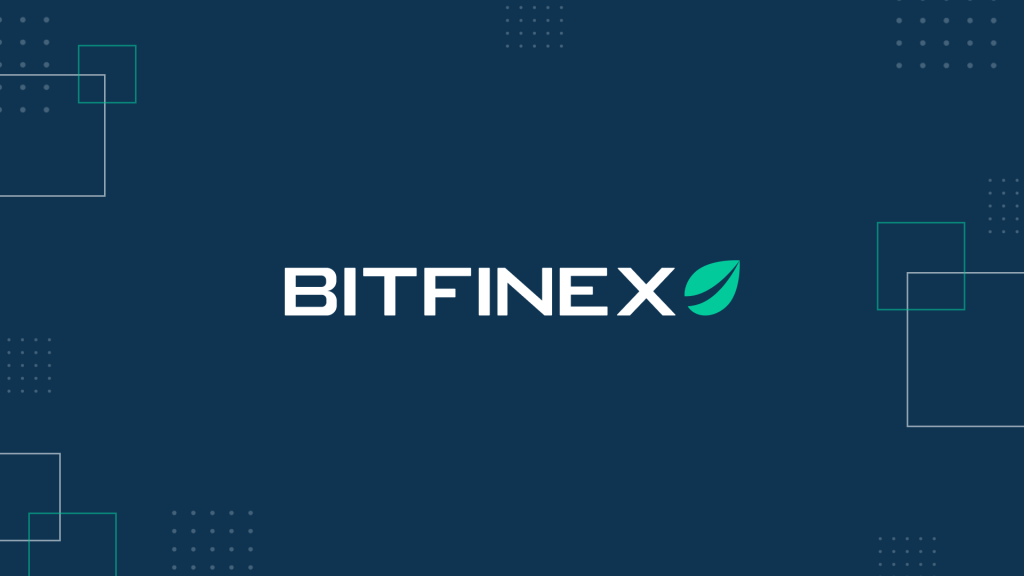
Bitfinex is a Hong Kong-based exchange that has been around since 2012. It caters mostly to professional traders with advanced features (margin, lending, derivatives). The platform claims very high liquidity for major pairs.
Bitfinex markets itself as “one of the world’s longest-running exchanges, trusted by professionals”. It supports dozens of cryptocurrencies. Bitfinex also runs the peer-to-peer lending platform Ethfinex for staking.
It is more complex than Binance but known for large-volume traders. It has a history of hacks in the past but has reimbursed users from insurance. For high-volume and margin traders, Bitfinex remains a notable alternative to Binance.
Read also: Top 10 Great Geegpay Alternatives
Bybit is a Dubai-based exchange (previously headquartered in Singapore) launched in 2018. It focuses heavily on derivatives: perpetual contracts and futures. It grew rapidly to become one of the largest derivatives exchanges in the world.
Wikipedia notes Bybit is “the world’s second largest cryptocurrency exchange” by volume. (It unfortunately suffered a major hack in Feb 2025, but reimbursed users through insurance.)
Bybit supports spot trading too, but its strength is leveraged trading. They offer innovative features like a mobile-first interface and copy trading. Bybit has 0% trading fees on spot markets for certain VIP levels. For traders who like margin and futures, Bybit is a strong Binance rival.
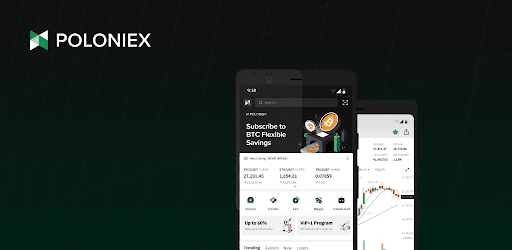
Poloniex is an American exchange founded in 2014. It was once extremely popular (ranked top 5 by some metrics). Today it’s smaller but still a relevant platform. It offers spot and margin trading on around 100 coin pairs.
While Poloniex’s volume is modest now (fractions of Binance’s), its advantages are low fees and a straightforward interface. It’s fully legal and regulated in the U.S. Poloniex appeals to users looking for an easy, no-frills trading experience.
If Binance is too overwhelming, Poloniex could be a simpler alternative. According to one review, “Poloniex is an American crypto exchange, once one of the most popular exchanges in the market”.
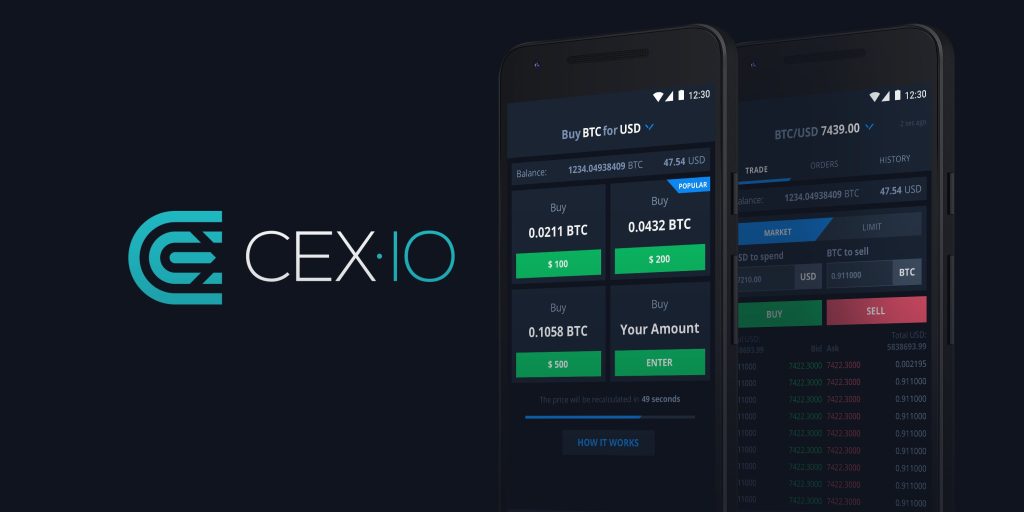
CEX.IO is a UK-registered exchange dating back to 2013. It allows both crypto-to-crypto and crypto-to-fiat trading (GBP, EUR, USD). CEX.IO is known for its card payment options: you can buy crypto with credit/debit cards on CEX.IO. It’s fully regulated and even offers crypto staking services.
The user interface is user-friendly. While CEX.IO’s volumes are lower than Binance’s, its strength is in beginner-friendliness and regulatory compliance. It’s a reliable alternative for those who value ease of use and fiat transfers.
Check out the 5 YouTube Alternatives you Should Know in 2025
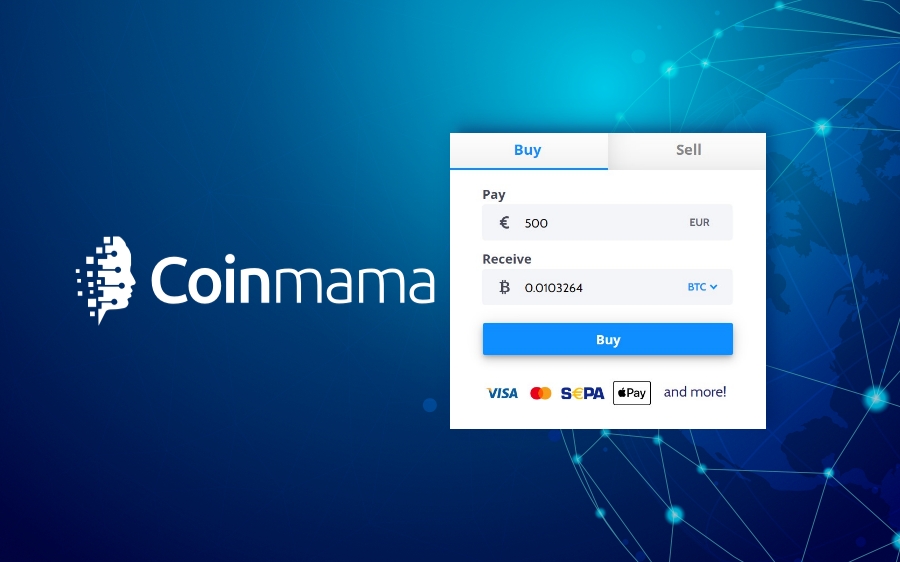
Coinmama is primarily a broker (you buy crypto directly at fixed prices) rather than an order-book exchange. It operates globally (including Nigeria) and allows buying BTC, ETH, LTC, etc. with credit cards or bank transfers. It has high fees, but it’s very user-friendly.
For someone who wants to quickly purchase a cryptocurrency without navigating an exchange order book, Coinmama is a legitimate option. (It doesn’t let you trade coins between them, so it’s not a full exchange.) Still, many beginners use Coinmama instead of Binance because of its simplicity and broad availability of payment methods.
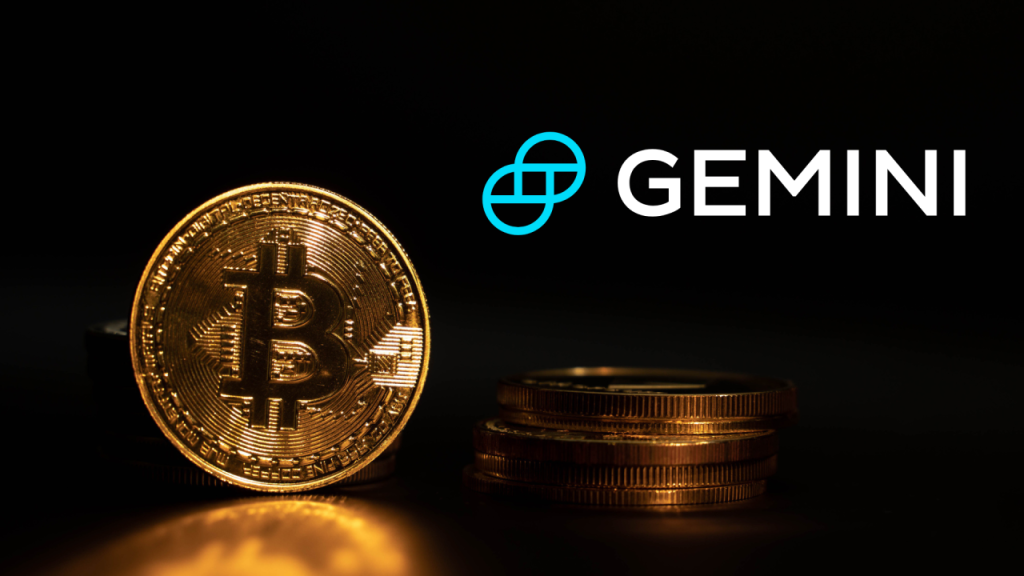
Gemini is an American exchange and custodian founded by the Winklevoss twins in 2014. Gemini stands out for its regulatory emphasis: it’s a New York trust company and offers banking-grade security.
The platform supports major cryptos and recently added features like staking (earning yield on certain coins). Gemini has a clean interface and is fully insured for crypto in its custody. It’s fully legal in Nigeria as a global company (not locally registered).
See and read about the 8 Great Alternatives to Spotify and Apple Music
Crypto.com is best for mobile users who often trade on-the-go.
Binance, Coinbase, and Kraken are best for beginners
CoinDCX
Binance’s dominance in crypto trading is clear, but it isn’t the only game in town – nor always the right choice for every user. Whether you’re in Nigeria or elsewhere, the exchanges listed above provide best alternatives for Binance.
Many of these rivals offer similar services (spot trading, fiat on-ramps, staking) and have strong security practices. Some are more localized or beginner-friendly. Importantly, Nigerian users now have more regulated options after Binance Nigeria was deemed illegal – platforms like Luno and CEX.IO can be used lawfully.
As always, double-check each platform’s status in your country, enable two-factor authentication, and only keep what you need on exchanges.